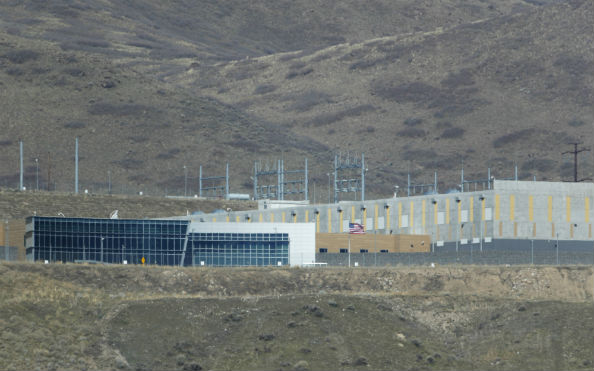

But the government and the FISA Court have embraced an interpretation of “minimize” that is remarkably… maximal. Recognizing the impact on Americans’ privacy, Congress required the NSA to “minimize” the sharing, retention, and use of this “incidentally” collected U.S. Instead, each year, the FISA Court must sign off on the procedures that govern the surveillance.Īlthough ostensibly targeted at foreigners, Section 702 surveillance inevitably sweeps in massive amounts of Americans’ communications. No warrant is required for this collection because courts have held that foreigners have no Fourth Amendment rights. Under Section 702 of the Foreign Intelligence Surveillance Act (FISA), passed in 2008, the National Security Agency (NSA), operating inside the United States, is authorized to collect communications of foreigners overseas for foreign intelligence purposes. To put the court’s recent opinions in context, some background is necessary. Background: Section 702’s Troubled History And the government sat on the opinion for a year, hoping for an appellate victory that would help mitigate the PR damage from disclosure. Despite the enormous implications for Americans’ privacy and the government’s dismal record, the remedy suggested by amici and imposed by the court was just more record-keeping. The opinion, moreover, reveals that the FBI is conducting literally millions of backdoor searches - including so-called “batch queries” that rest on the same discredited legal theory used to justify the NSA’s bulk collection of Americans’ phone records.

This is now the fourth major FISA Court opinion on Section 702 in 10 years documenting substantial non-compliance with the rules meant to protect Americans’ privacy. And all of this became public because Congress in 2015 required the disclosure of significant FISA Court opinions. It ordered remedies that the FBI is now required to implement. The court solicited the assistance of amici and adopted their position in significant part. After all, the Department of Justice’s audits had detected instances of FBI non-compliance with legal requirements, and the Department reported those instances to the FISA Court. The government will no doubt try to sell this as an oversight success story. The FBI was forced to revise its procedures to conform with the court’s ruling, and in the third opinion, the court approved the revised procedures.

The government appealed, and in the second opinion, the FISCR upheld the FISA Court’s decision. In the first opinion, the FISA Court held that the FBI’s procedures for accessing Americans’ communications that are “incidentally” collected under Section 702 of FISA violated both the statute and the Fourth Amendment. This article was originally published by Just Security in two parts.Įarlier this month, the Office of the Director of National Intelligence released three redacted opinions of the Foreign Intelligence Surveillance Court (also known as the FISA Court) and the FISA Court of Review (FISCR). Attend the Brennan Legacy Awards Dinner.Advance Constitutional Change Show / hide.National Task Force on Democracy Reform & the Rule of Law.Government Targeting of Minority Communities Show / hide.Campaign Finance in the Courts Show / hide.Gerrymandering & Fair Representation Show / hide.Ensure Every American Can Vote Show / hide.


 0 kommentar(er)
0 kommentar(er)
